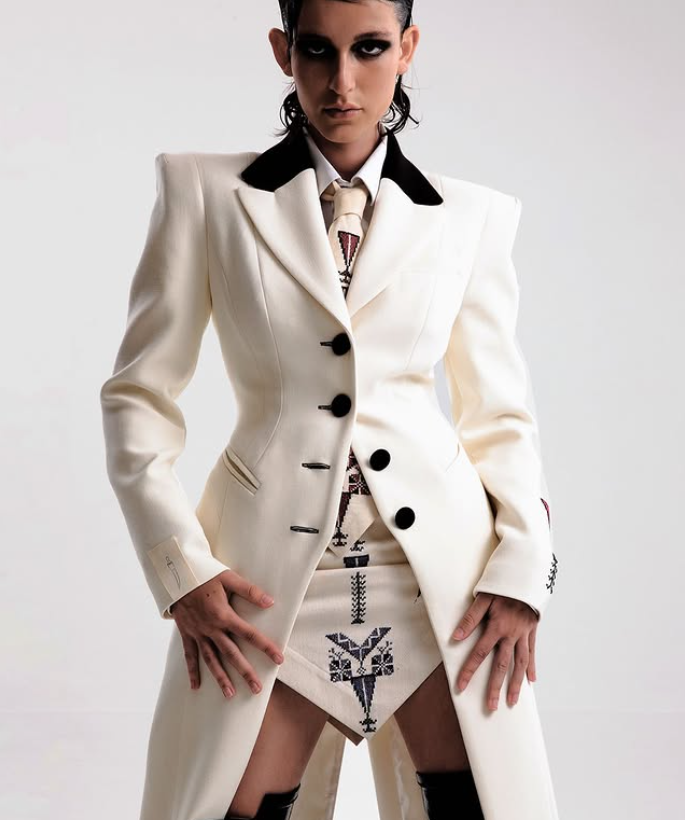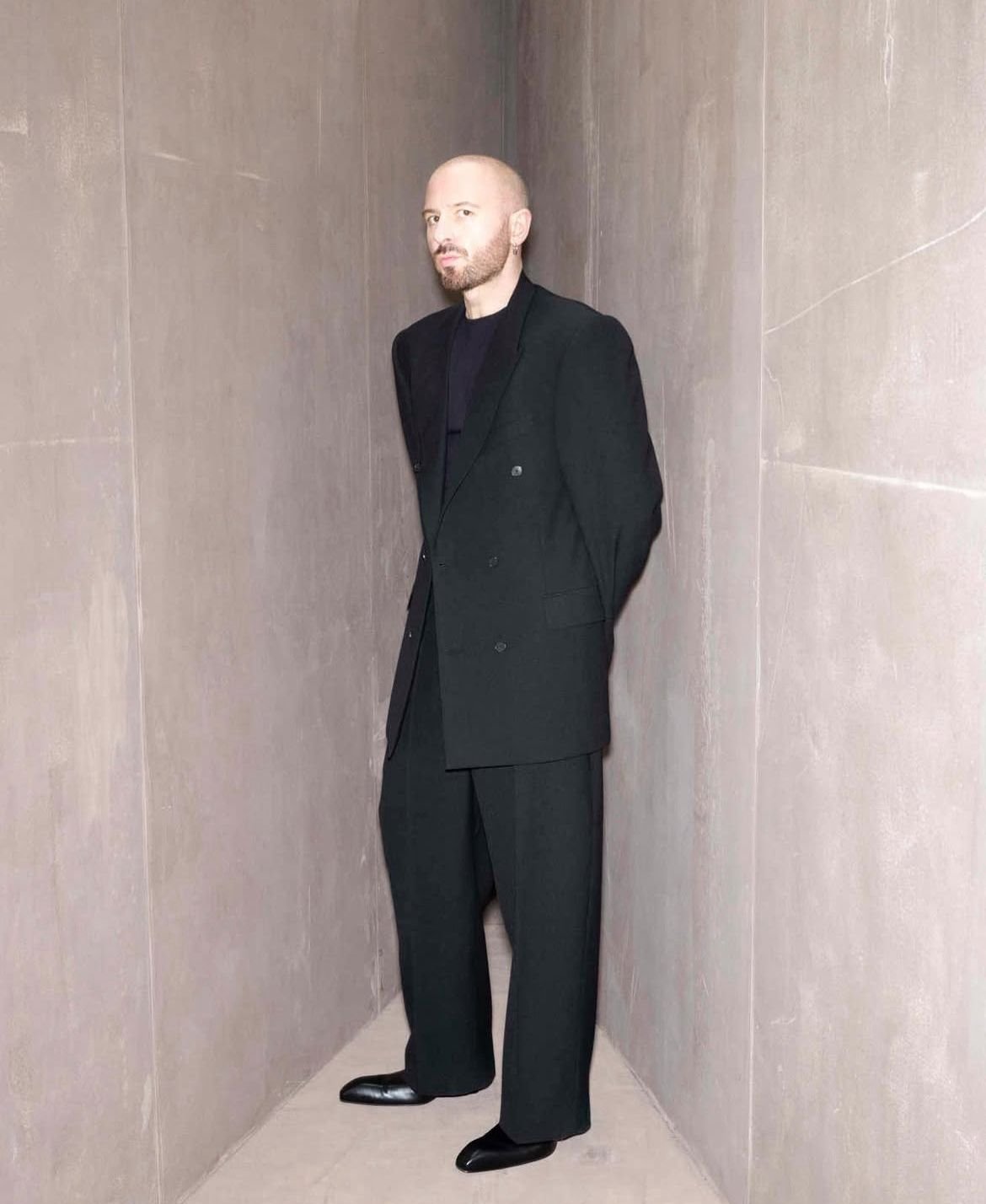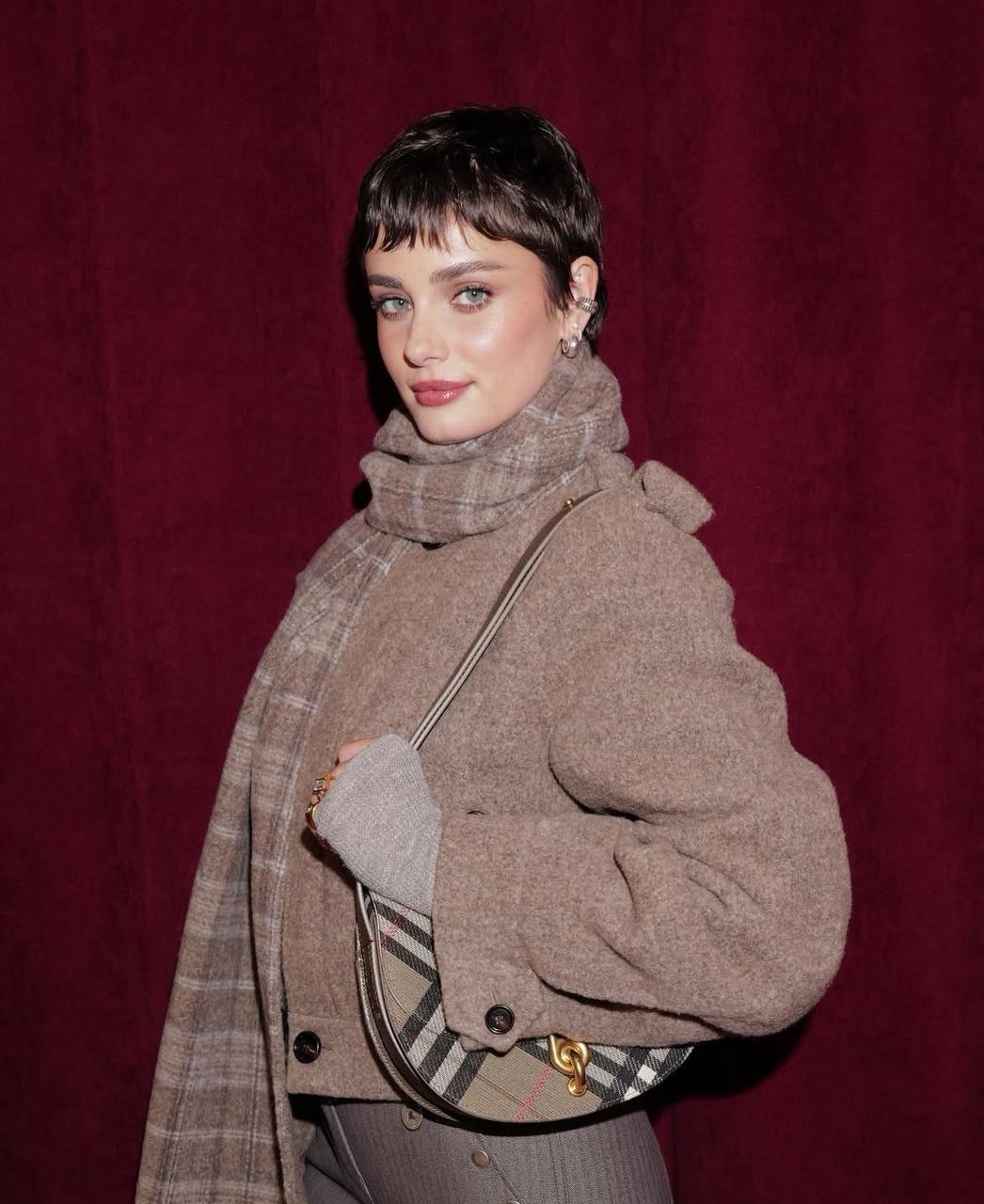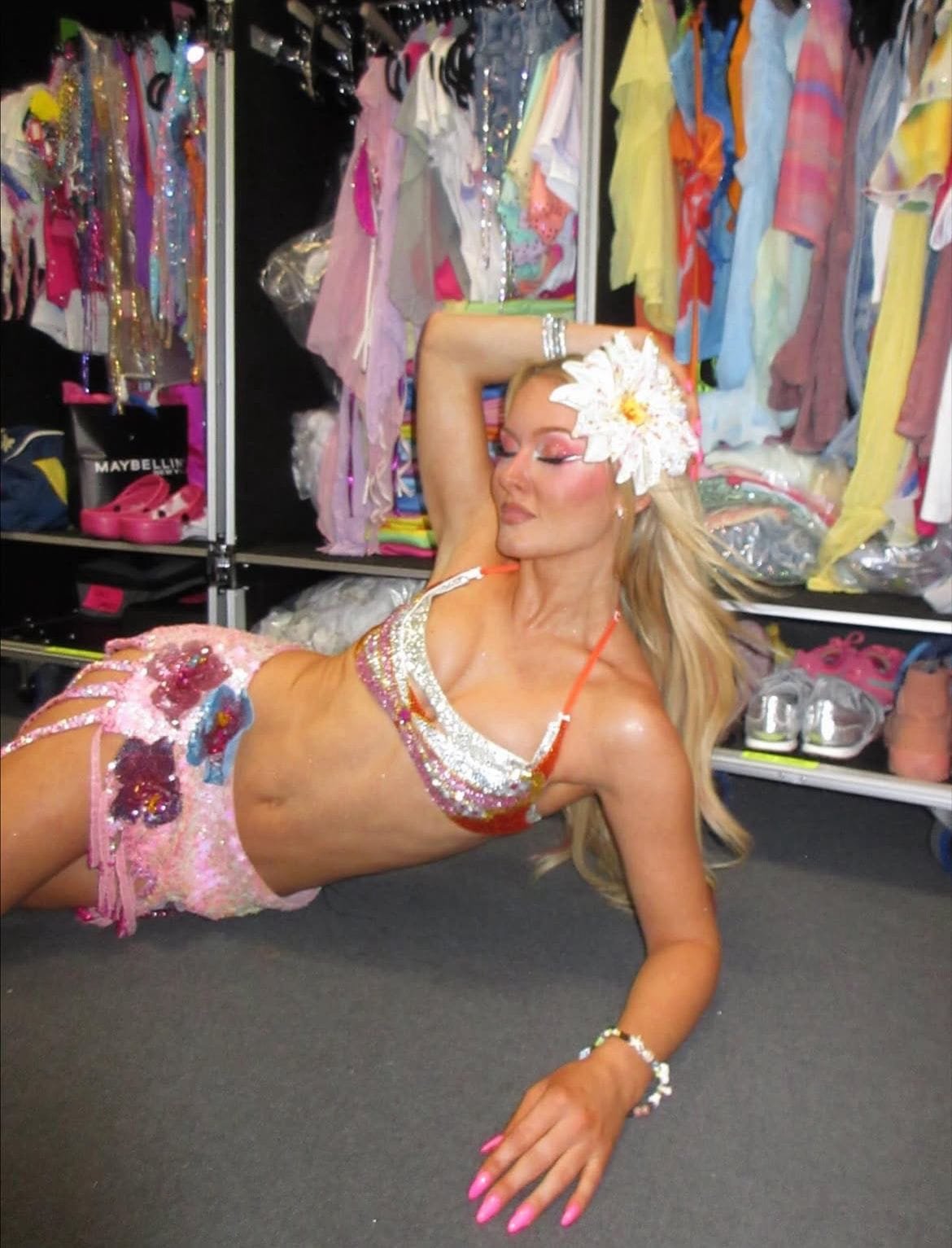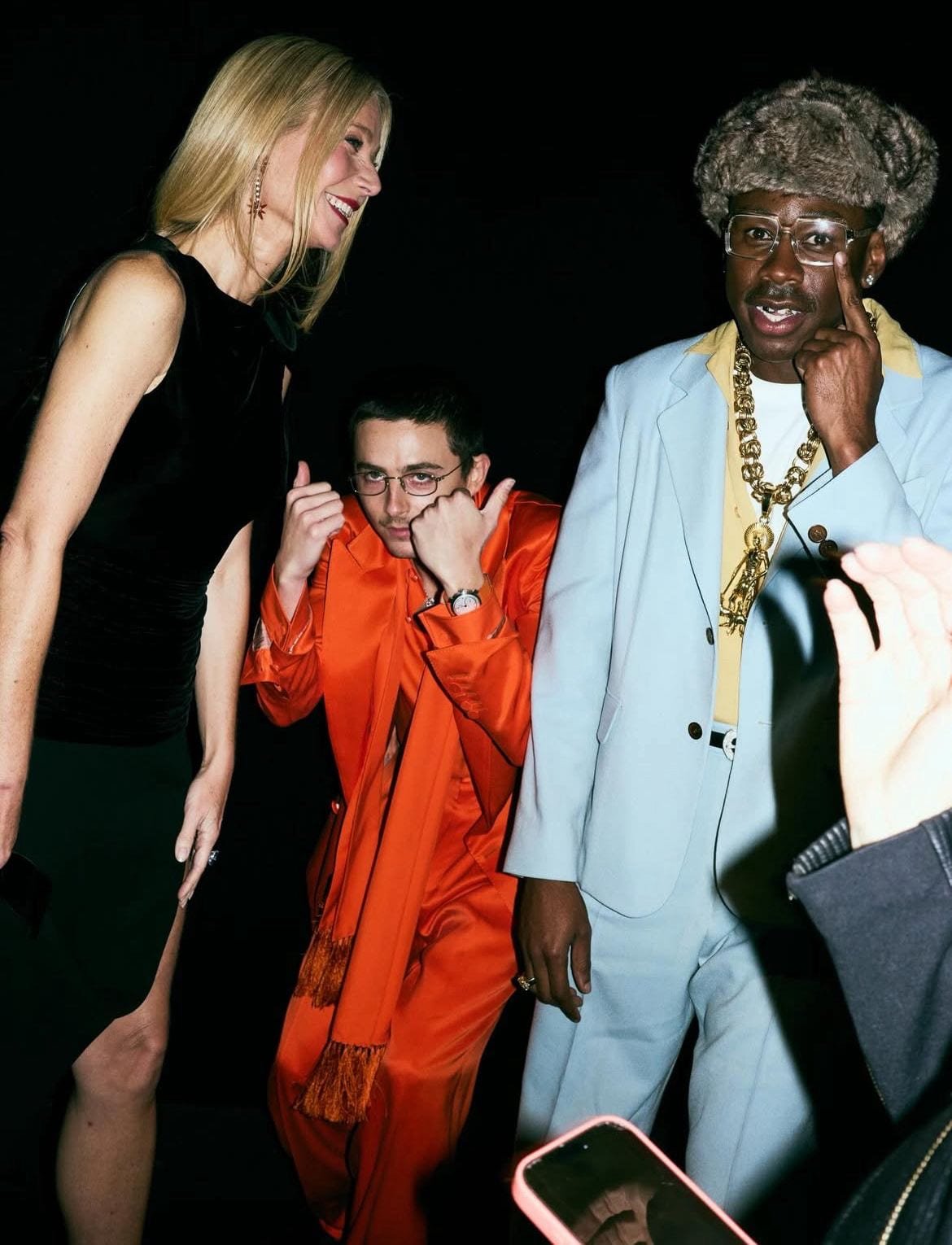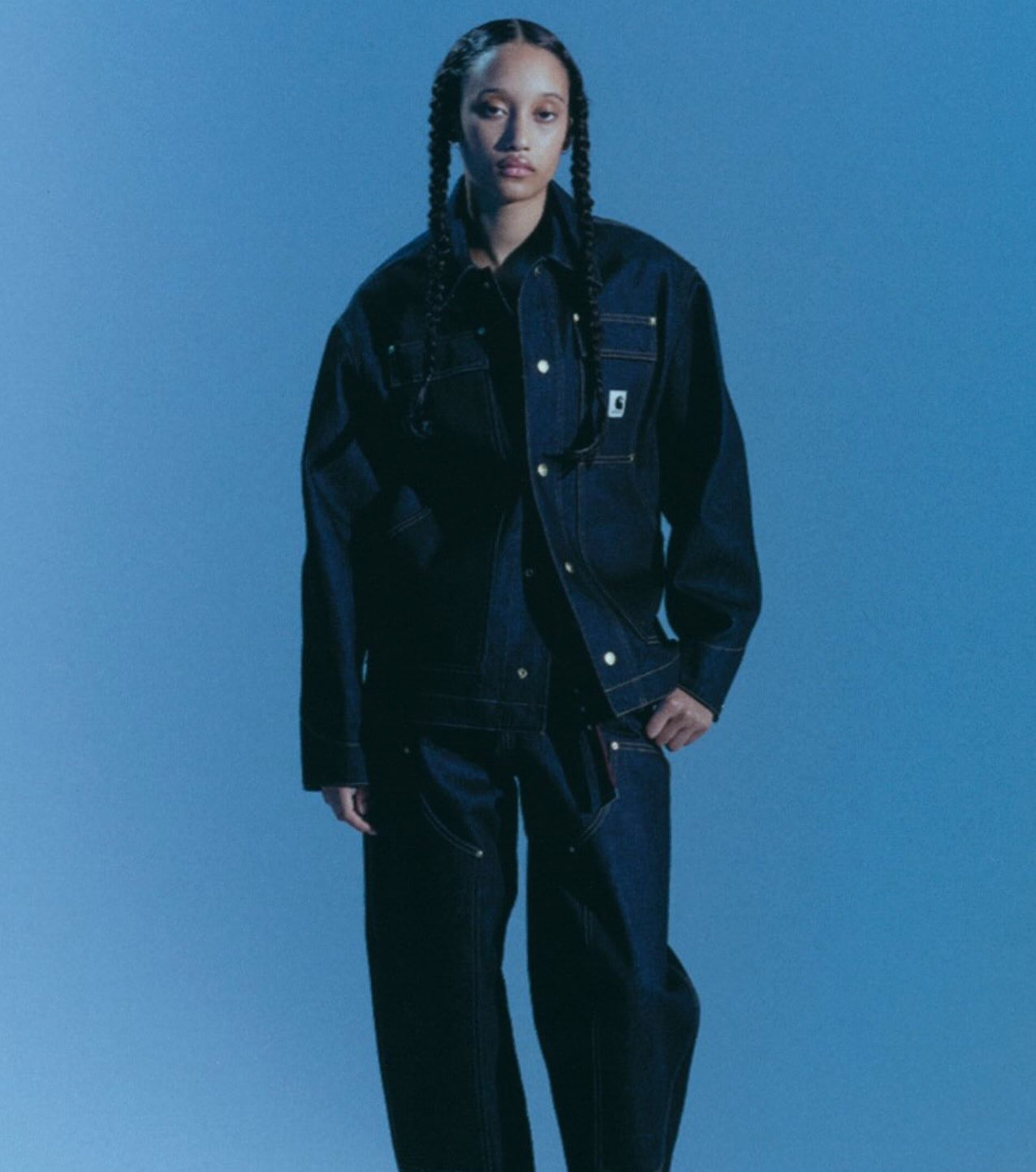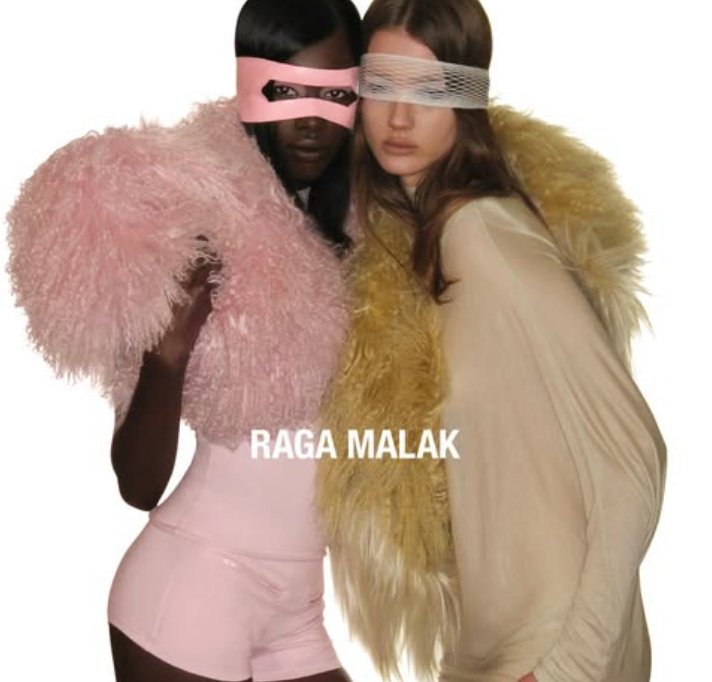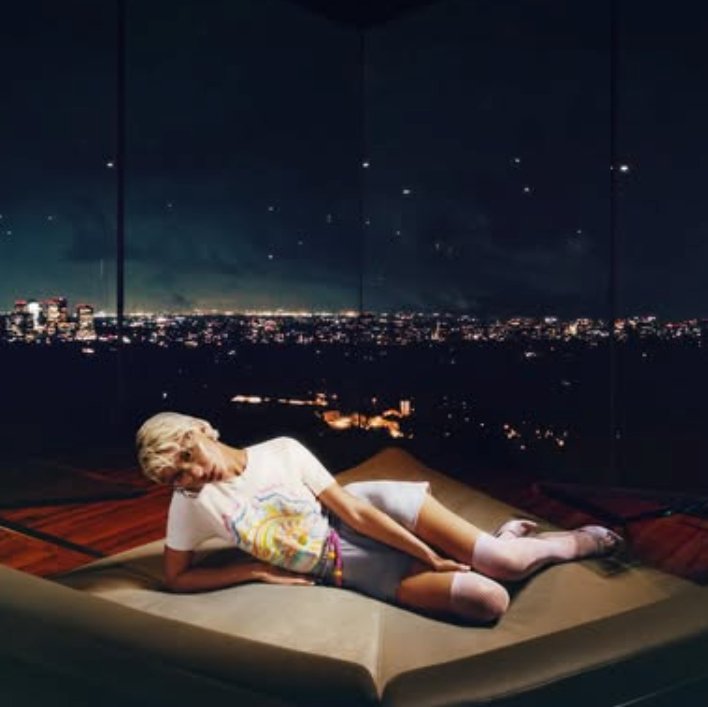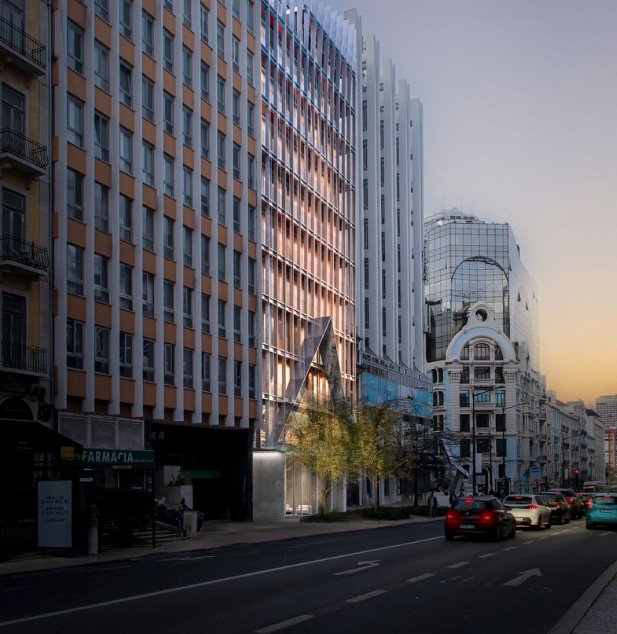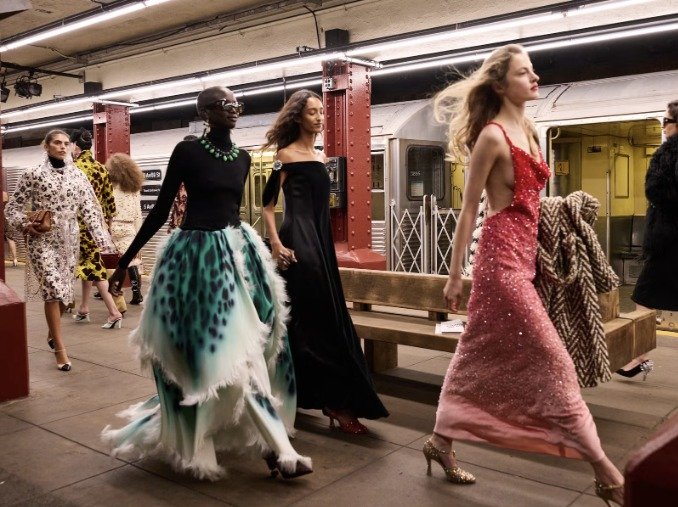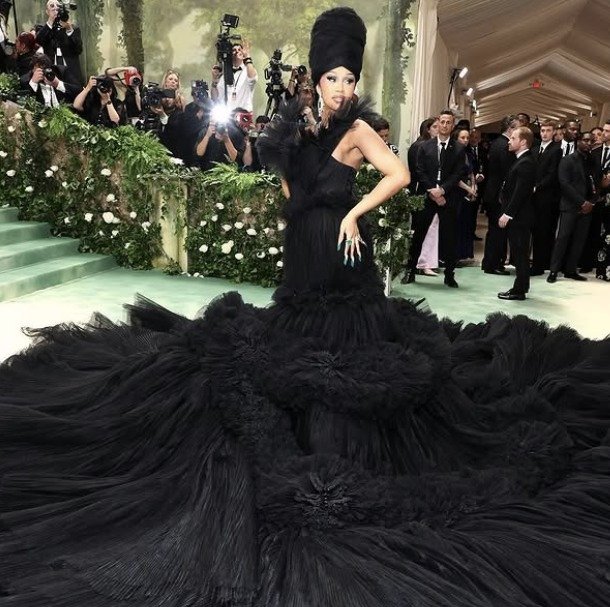What does the future look like when imagined from the Middle East—not Silicon Valley? For Palestinian designer Zeid Hijazi, the answer is a thrilling collision of folklore, code, ancestral craft and cyber-resistance. Part myth, part motherboard, his work envisions a new Arab futurism: one where tradition isn’t erased by technology, but amplified through it.
For many Global South creatives, “futurism” has become a call to reclaim narrative power. Just as Afrofuturism proposed a sci-fi escape from Eurocentric modernity, Hijazi builds a Middle Eastern equivalent, rooted in the stories, symbols and tech anxieties of his region. “We’re entering the age of AI,” he reflects. “I wonder how conscious robots will become. Will they know about the conflict? Will they fight it? Will they practice Arab traditions? My work is a constant investigation of these questions from a Middle Eastern point of view.”
On the runway, those questions materialise as high-stakes uniforms for digital insurgents: peak-shouldered jackets embroidered with Tatreez cross-stitch; tasselled capes squared like Bedouin blankets; geometric ties crafted by Inaash artisans. The silhouettes feel mission-ready—sculpted trench coats slit to the hip, forehead daggers like encrypted headpieces. His muse? The cyber-vigilante modern Arab woman. Inspired by the 2003 Tunisian cult film Bedwin Hacker, where protagonist Kalt hijacks TV signals to broadcast pro-Arab messages, Hijazi built an entire “subKALTure”—a hacker sisterhood, each archetype coded with purpose and power.
Hijazi rebels against the Western stereotype of Arab glamour as mere opulence. “People hear ‘Arab designer’ and think Knightsbridge furs, big sunglasses, extravagant dresses. But my woman is a futuristic power dresser—an art collector, informed, a little gothic. She exists in the Arab world.” His fashion becomes cultural counter-programming: proof that Arab identity is not a monolith but a multiverse.
Operating from Palestine is nearly impossible amid occupation, censorship and restricted movement. Now based in Lebanon, he credits the region’s creative resilience: “Being Arab means we always make it work.” Educated at Central Saint Martins and winner of the Fashion Trust Arabia Prize in 2020, he champions Beirut’s craftsmanship despite crisis, praising its ateliers as out-performing European standards—an act of cultural defiance in itself.
Alongside Trashy Clothing, Ayham Hassan, GmbH and Cynthia Merhej, Hijazi belongs to a generation electrifying Arab fashion with intellect, craft and resistance. “What’s interesting about us,” he says, “is that we all strive for greatness—whatever the industry.”

